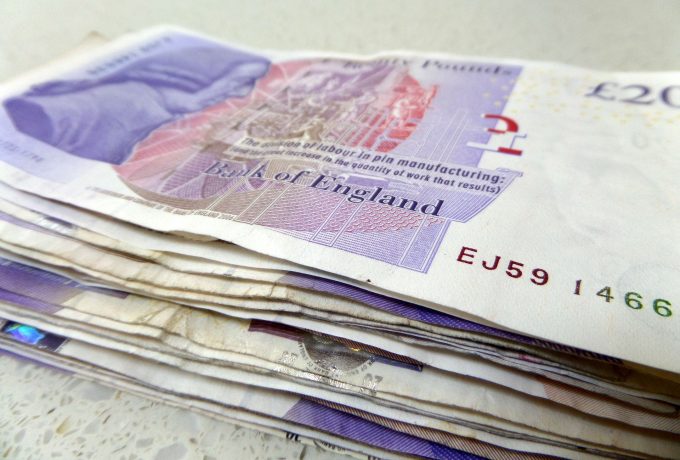Global technology trust saw costs surge in the first half of the year as a result of the attempt to seize control of its board by activist hedge fund Saba Capital.
Herald (HRI) investment trust spent nearly £750,000 defending itself against the attempted takeover by Saba Capital earlier this year, interim results show.
Administrative expenses for the first half of this year leaped to £1.34m from £595,000 in the same period of 2024.
In its half-year accounts, the company said the significant increase was “largely as a result of the requisition in late 2024 of a general meeting of the company by Saba Capital Management”.
Herald was one of seven investment trusts in which the US activist hedge fund called on shareholders to remove the board and appoint its representatives as directors with the aim of making the funds vehicles to pursue other investment trusts trading on wide discounts.
The Herald meeting in January became the focal point of a successful campaign to rouse shareholders in support of the boards. Saba was resoundingly defeated in all seven votes with 99.8% of independent Herald shareholders voting against its resolutions.
Shareholders rallied around the listed technology fund again in March when 65% backed the company in its triennial continuation vote.
Chair Andrew Joy thanked shareholders “who took the time and effort to vote at the meetings and for those who were able to attend in person”.
He said despite the board engaging with Saba, its “current intentions remain unclear”, adding Herald was keen to find a resolution to the uncertainty caused by Saba’s large holding. As first reported by QuotedData, Saba has seen its stake in Herald tip over 30% as a result of share buybacks since the annual general meeting in March. This means it would be required to make a bid for the £1.3bn trust if it bought just one more share.
Joy said: “The board is mindful that not only is the company a successful, long-term investment trust, offering its shareholders access to investments many could not in practice access themselves in a cost-effective way, but it is also systematically important as an active investor in the small-cap tech market, historically and hopefully in the future providing capital to growing tech companies.”
The global tech stock portfolio, managed by Katie Potts since launch in 1994, has provided £533m of capital for UK listed companies in the past 30 years, the company said.
In the six months to 30 June, it made an underlying investment return of 2.6%. This trailed the 6.9% return from the Deutsche Numis Smaller Companies plus AIM index, which the company uses to measure its UK-weighted assets, but beat the Russell 2000 Technology index, which tracks small US tech stocks and fell 11.8%.
Joy said Herald’s performance would have been better were it not for the historically weak dollar which depressed returns from US stocks that account for 34.1% of assets.
Shareholders’ actual return in the first half was negative, falling 4.7% as Herald shares slid back to a discount after the January victory, which saw the threat of a forced wind-down recede. The shares currently trade 9% below net asset value.
Longer-term performance remains strong with shareholders enjoying a 225% total return over 10 years. That is far better than all other UK and US smaller companies trusts, although it is overshadowed by the superior returns of rival tech trusts at Allianz (ATT) and Polar Capital (PCT) which have higher exposure to the US, including the phenomenal returns of some of its biggest tech stocks.
Potts was relieved the underlying half-year investment return had been positive given the volatility caused by President Trump’s tariff policy, although she said his “Liberation Day” announcement on 4 April had marked an inflection point after which markets recovered earlier falls.
Herald recorded a 17.8% return on its investments in Europe, Middle East and Africa and 12.2% from Asia, which outshone the 3.4% sterling return in North America and 3.5% fall in the UK, where 30.8% of the trust is invested.
The UK allocation has fallen to a new low as a result of the “regrettable reduction” of London-listed tech companies in response to bids and decisions to relist in the US in search of higher valuations.
However, M&A is not just a feature of the UK. Herald saw 11 of its companies bid for in the first half, generating nearly £65m in cash for Potts and her team to redeploy. There were three each in North America, UK and Asia and two in Europe.
Our view
James Carthew, QuotedData’s head of investment companies research, said: “The modest gain in Herald’s net asset value over the first half of 2025 belies what was a decent period for the trust, given a marked fall in US small-cap technology stocks. The discount has returned to a more normal level and we would expect it to stay there. We would echo the manager’s long-held concerns about the lack of demand for UK equities and the paucity of growth capital. When it comes to addressing this, the government has been all talk and no action.”
